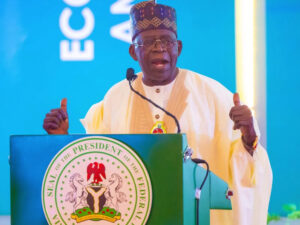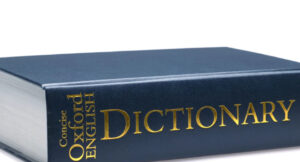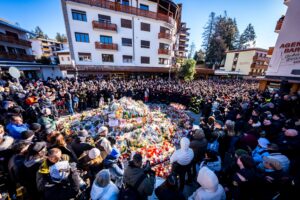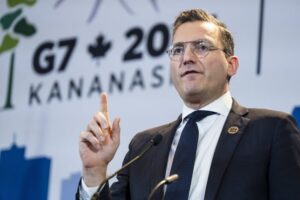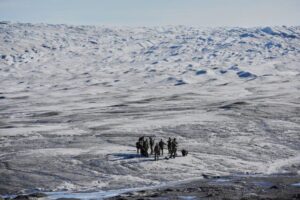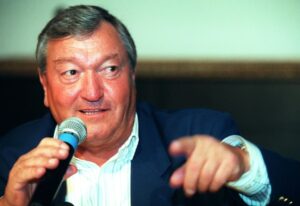As trial resumes March 21
The Code of Conduct Bureau (CCB) did not see the need to interview Senate President, Bukola Saraki while investigating the alleged inconsistencies in the various assets declaration forms Saraki submitted, a senior official of the bureau explained Thursday.
Saraki has consistently claimed to have been denied fair hearing on the ground that he was not interviewed by the CCB on the alleged discrepancies in his assets declaration forms before he was charged before the Code of Conduct Tribunal (CCT).
But, Thursday, CCB’s Head of Investigation Department, Samuel Madojemu explained that it was not a mandatory requirement that everyone being investigated by the CCB must be interviewed personally before charges are filed against such a person before the CCT.
He said, in Saraki’s case, the CCB chose not to invite him for interview because his statement on oath as represented by his declarations in the various assets declaration forms he submitted to the CCB was sufficient.
Madojemu spoke while being cross-examined as the third prosecution witness by Saraki’s lawyer and former Attorney General of the Federation (AGF), Kanu Agabi (SAN), at the resumption of proceedings yesterday in the Senate President’s trial before the CCT.
“The defendant (Saraki) was not interviewed because he had already made his statement on oath in the form of his assets declaration form.
As a matter of convention in the CCB, we usually invite subjects (those being investigated), but it is not compulsory. It is within the prerogative of the Chairman of the CCB to invite or not to invite,” Madojemu said.
He also said Saraki was not the only former state governor investigated by the CCB. Madojemu said he could not confirm if the team that investigated Saraki in 2006 interviewed him, because he (the witness) was not part of that team.
The witness, who said he was a member of the team of investigators that investigated Saraki’s assets declaration claims in 2015, stated that the 2015 investigation was in furtherance of an earlier investigation conducted in 2006.
He said the latter investigation was informed by complaint from the Federal Ministry of Justice, which found that report of the 2006 investigation scanty. He said he was not aware there was a petition to the CCB against Saraki.
Madojemu said: “The 2015 investigation was informed by the need for further investigation of his claims in the assets declaration forms. I am not here to challenge the work of the 2006 investigation team, but to state that, based on the outcome of the investigation conducted by the 2006 team, which was found to be scanty; there was need for further investigation.”
When Agabi sought to know who declared the 2006 report scanty, the witness said the EFCC reviewed the report and found that it did not cover all the years Saraki served in public offices and decided there was need for further investigation of all his assets declaration claims.
On who directed the 2015 investigation, Madojemu said: “The complaint came from the Federal Ministry of Justice, arising from the investigation by the EFCC. From the complaint and intelligence supplied by the Federal Ministry of Justice, the CCB and EFCC decided to collaborate to ensure detailed investigation of the case.”
The witness gave names of some members of the 2015 investigation team to include himself, Michael Wetkas (of the EFCC), Nura (EFCC), Samuel Yahaya (CCB), Peter Danladi (CCB) and Yahaya Bello (EFCC).
The tribunal, which sat for less than two hours yesterday, has adjourned further hearing to March 21.



